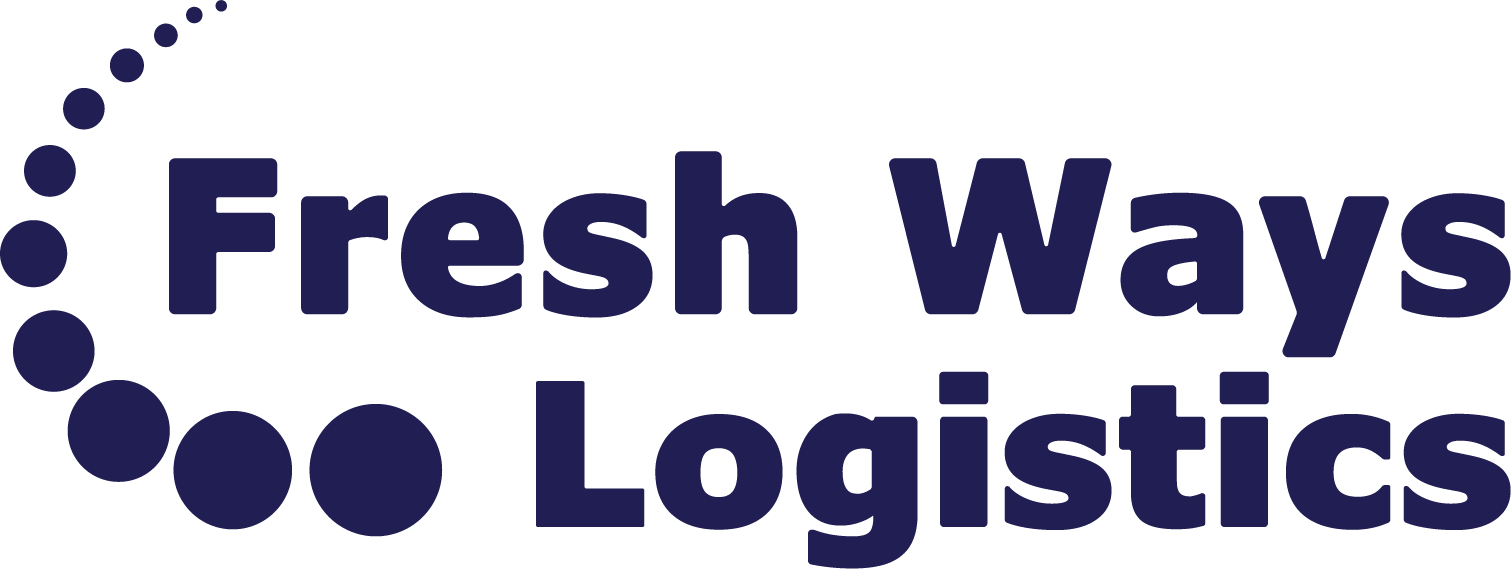A year of change for EU–UK food imports
2025 has been a year of major developments in the regulations governing food imports into the United Kingdom.
DEFRA has updated several sets of guidelines, certificate models and sanitary restrictions, directly affecting Italian exports — particularly dairy and bovine-based products.
The stated aim of the British authorities has been to strengthen sanitary and phytosanitary (SPS) controls to protect biosecurity and public health.
In summary:
2025 marked the full implementation of the Border Target Operating Model, introducing new inspections, updated certificates and additional costs for importers.
Update:
The British authorities have temporarily suspended SPS checks on certain low-risk plant products, pending new guidance expected in 2026.
New procedures and border controls (BTOM)
From 30 April 2025, full physical and documentary checks have been implemented at Border Control Posts (BCP) for medium-risk animal and plant products.
The UK authorities have therefore begun regularly inspecting cheeses, dairy products, meat and composite goods arriving from the EU, requiring more detailed health documentation and certificates in line with new standards.
Operational implications:
- Obligation to submit a pre-notification in IPAFFS with data consistent with the invoice and certificate;
- Possibility of random physical inspections on each batch;
- Greater coordination required between exporters, importers and transport operators.
Increased fees and new “Common User Charges”
Also from April 2025, DEFRA introduced the Common User Charge (CUC), a fee designed to cover the costs of sanitary controls at BCPs.
The amount varies depending on the type of product and the point of entry and is collected directly by DEFRA or the local Port Health Authority.
Main consequences:
- Increase in average import costs per shipment;
- Stronger need to plan consolidated (groupage) loads to optimise expenses.
Managing health emergencies — the Lumpy Skin Disease case
In June 2025, the United Kingdom suspended imports of Italian bovine products following confirmation of a Lumpy Skin Disease (LSD) outbreak.
The restrictions particularly concerned:
- unaged raw-milk cheeses and dairy products (prohibited from import);
- raw-milk cheeses produced before 23 May 2025 (permitted only with a Quality Manager declaration and GBHC416 certificate);
- pasteurised or UHT products (permitted with a heat-treatment declaration).
Update:
Since October 2025, some restrictions have been eased: dairy products that have undergone pasteurisation or have been matured for more than 60 days can now be imported with the updated EHC only, without any additional declaration.
Practical notes:
Complete documentation (invoice, packing list, EHC, declarations) must always accompany the goods; If any product lacks the required paperwork, the entire load may be rejected, even if only part of it is non-compliant.
Updates to health certificates (EHC)
DEFRA has replaced or updated several certificate models, including the GBHC416, which is mandatory for raw milk and dairy products derived from bovine milk.
An additional declaration is now required, specifying the minimum heat treatment (above 40 °C) to demonstrate that the product does not fall under the “raw milk” category.
What to do:
- Ensure that certificates always indicate temperature and type of treatment;
- Keep production documentation consistent with DEFRA requirements.
Greater focus on country-of-origin traceability
DEFRA and HMRC have reinforced controls regarding the declaration of the country of origin.
Generic wording such as “EU” is no longer accepted: documents must clearly specify the national origin and, in some cases, the specific region of production.
Reason:
To guarantee traceability in the event of animal disease outbreaks (such as FMD or African Swine Fever) and to enable selective import restrictions by geographic area.
New requirements for the Safety & Security Declaration
From 31 January 2025, the Safety & Security Declaration (ENS) has become mandatory for all shipments entering the United Kingdom.
Fresh Ways has handled the process on behalf of its clients, simplifying preparation and gradually reducing the related service fee.
Purpose of the measure:
To allow UK border authorities to assess the security risks associated with goods before they enter the country.
FAQ
Why did DEFRA introduce so many new measures in 2025?
To strengthen health and safety controls following the full implementation of the BTOM, improving traceability of imported food products.
What is the main challenge for Italian exporters?
Documentation compliance: certificates must be up to date and consistent with DEFRA guidelines, otherwise delays or rejections may occur.
How can mixed loads avoid being blocked?
By ensuring every product in the trailer is accompanied by complete and compliant documentation; otherwise, the entire shipment can be rejected


